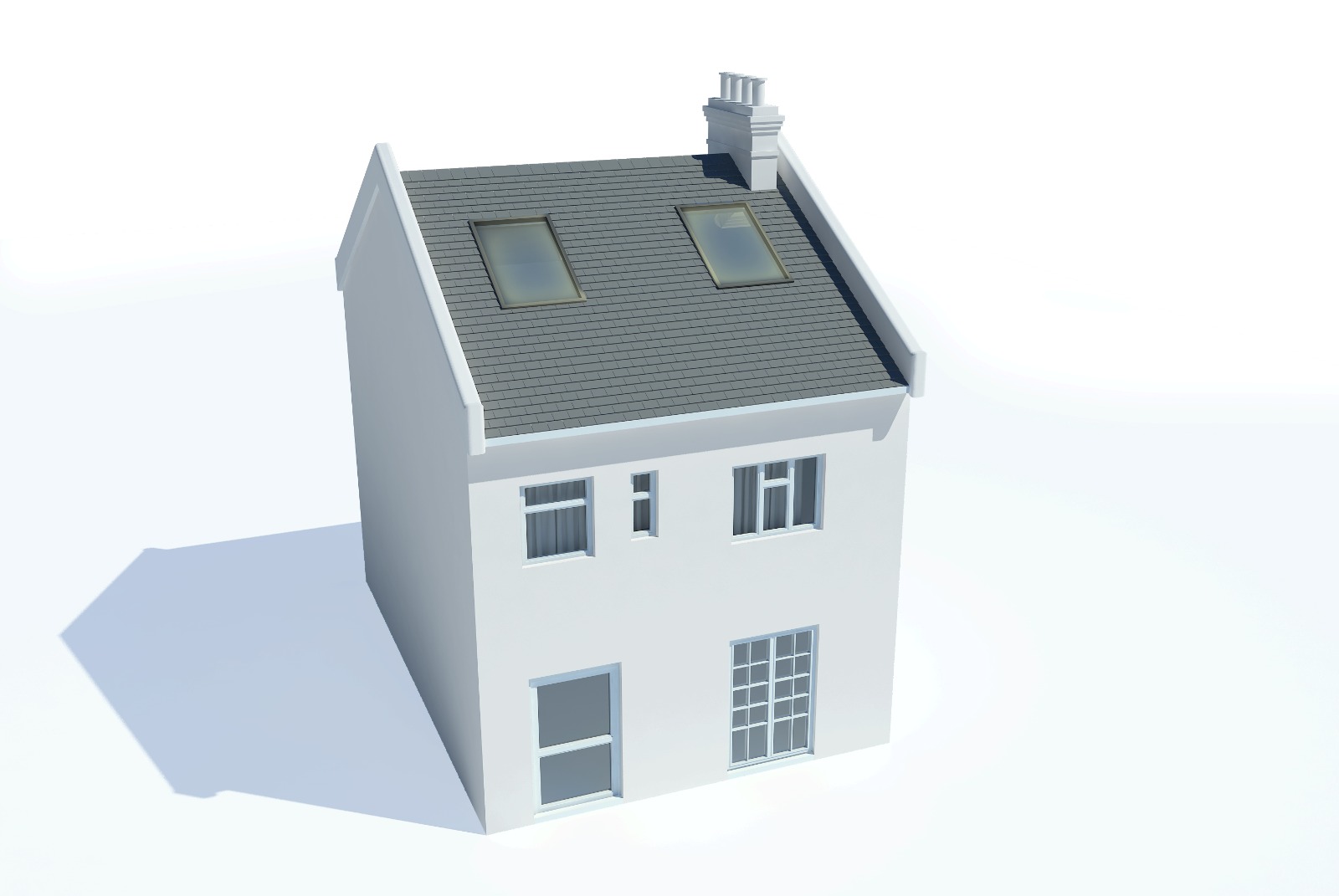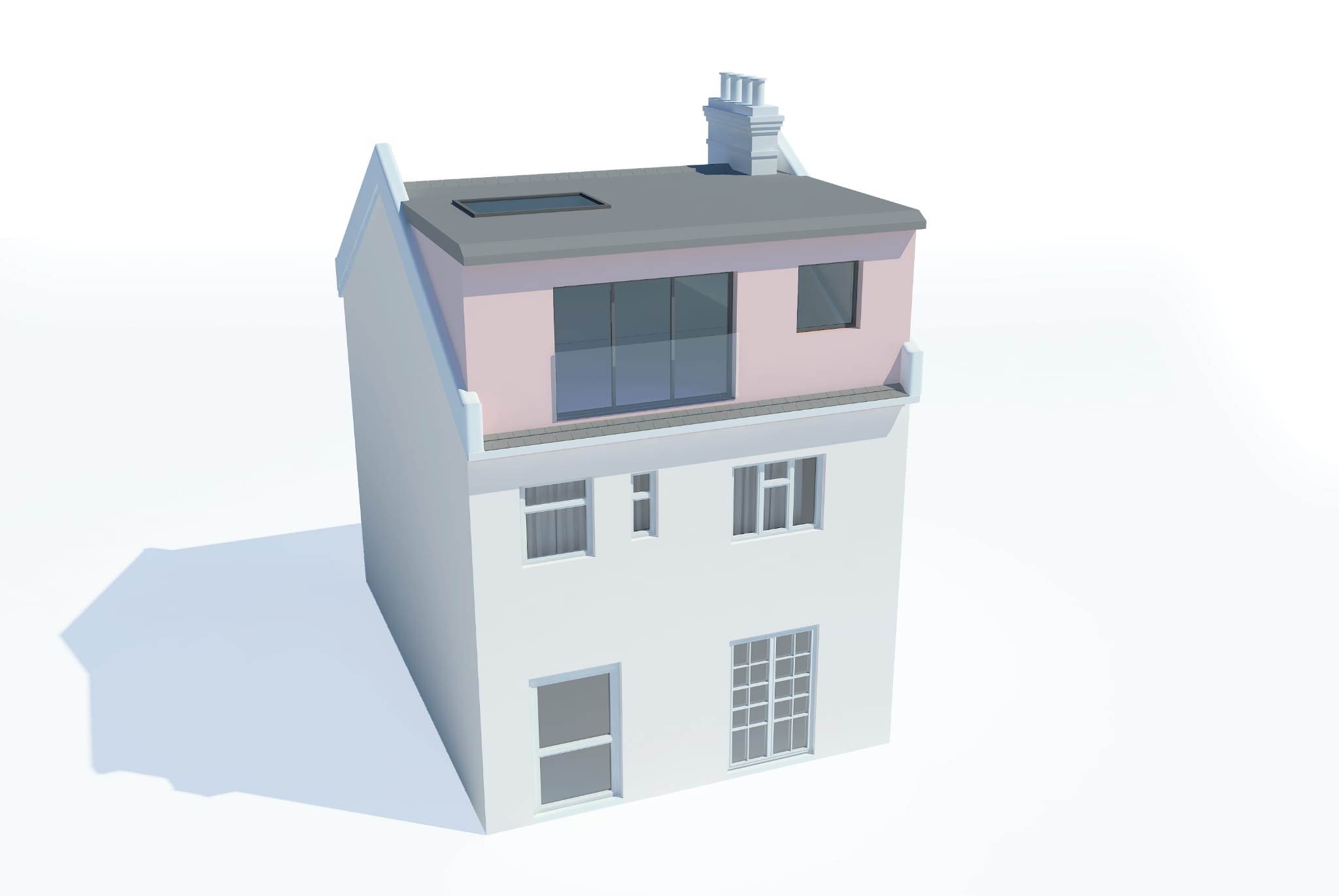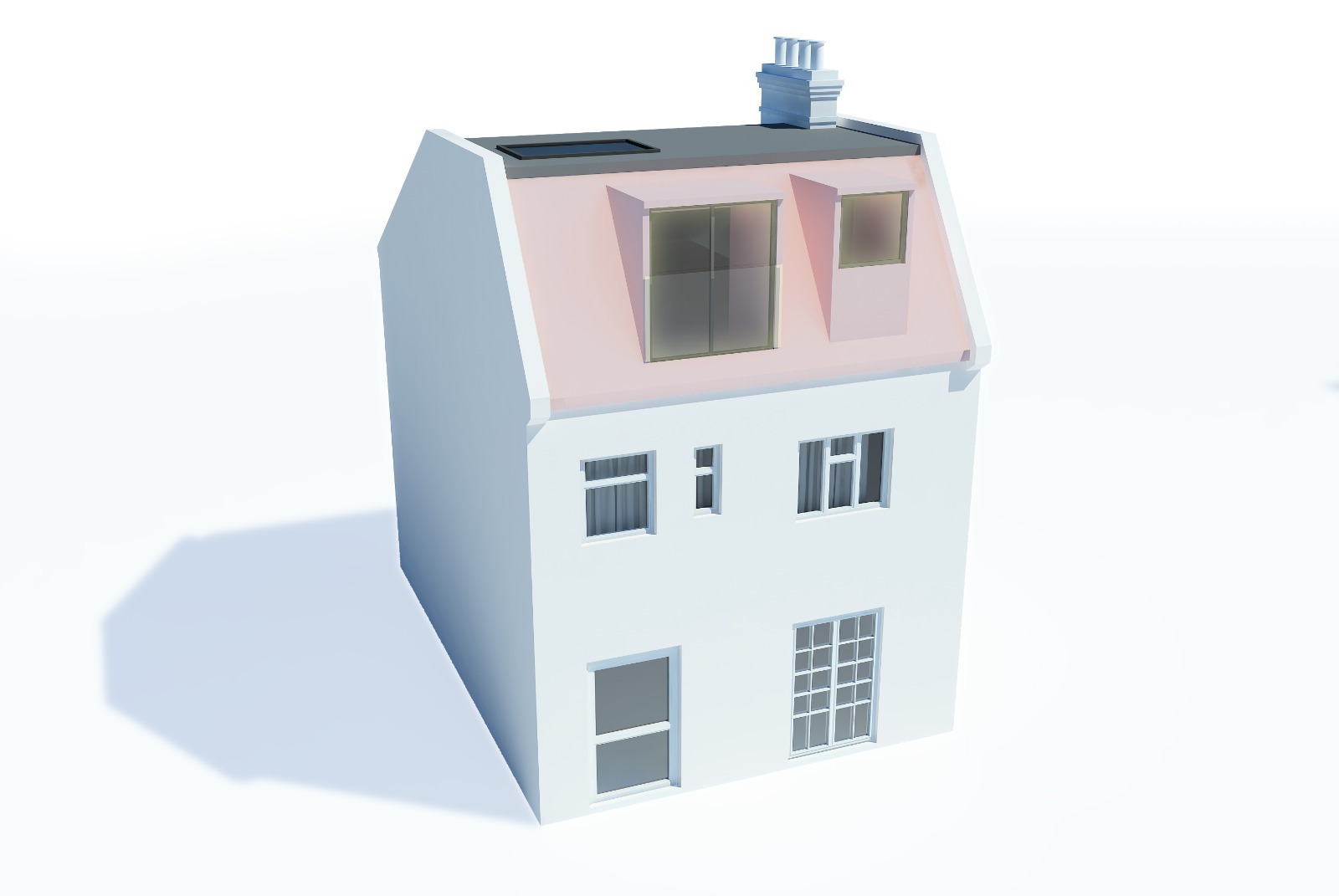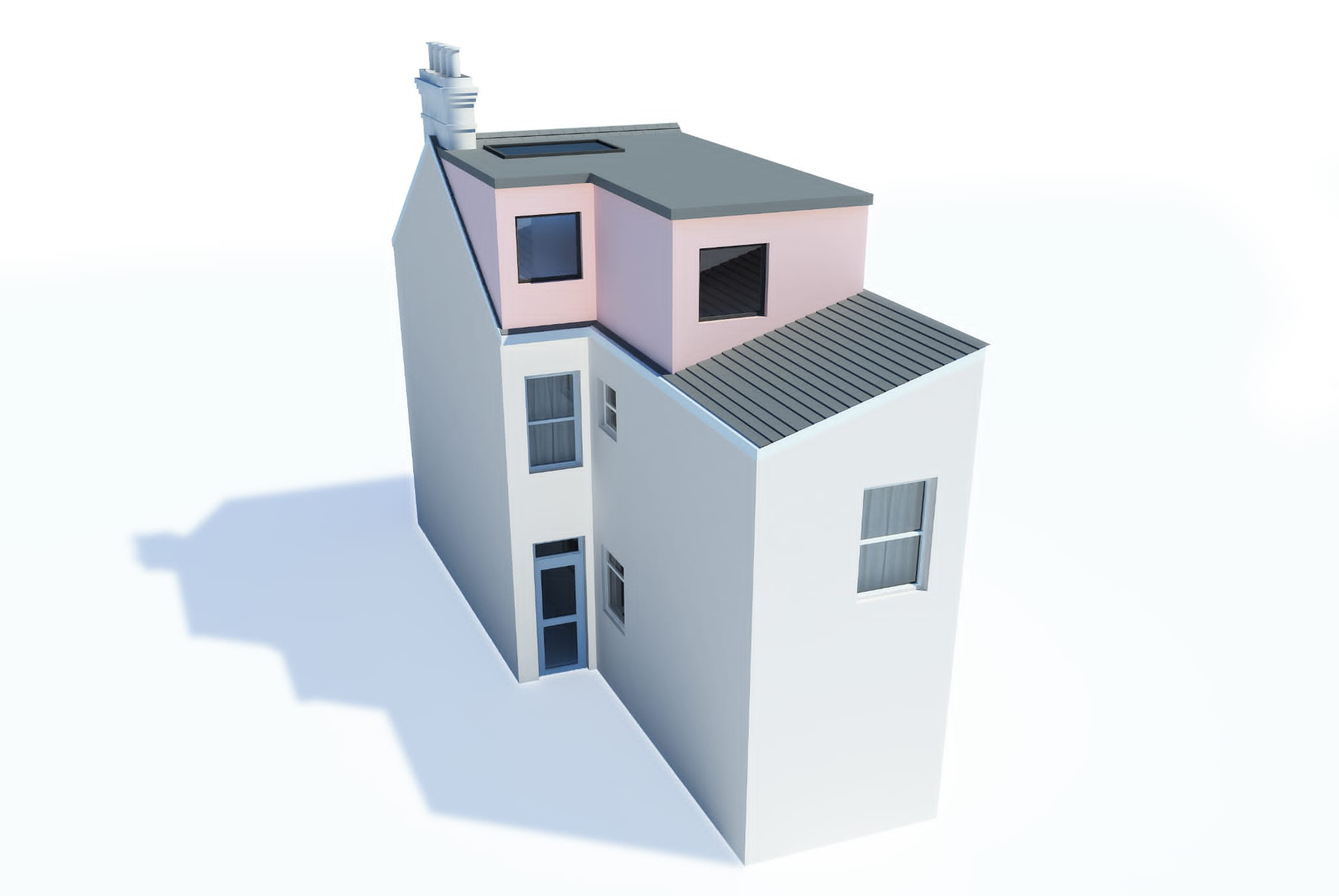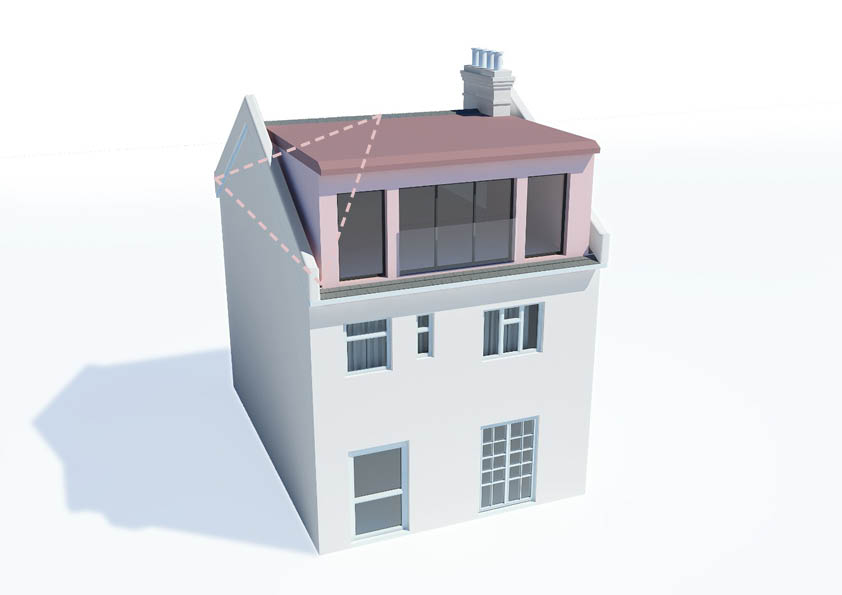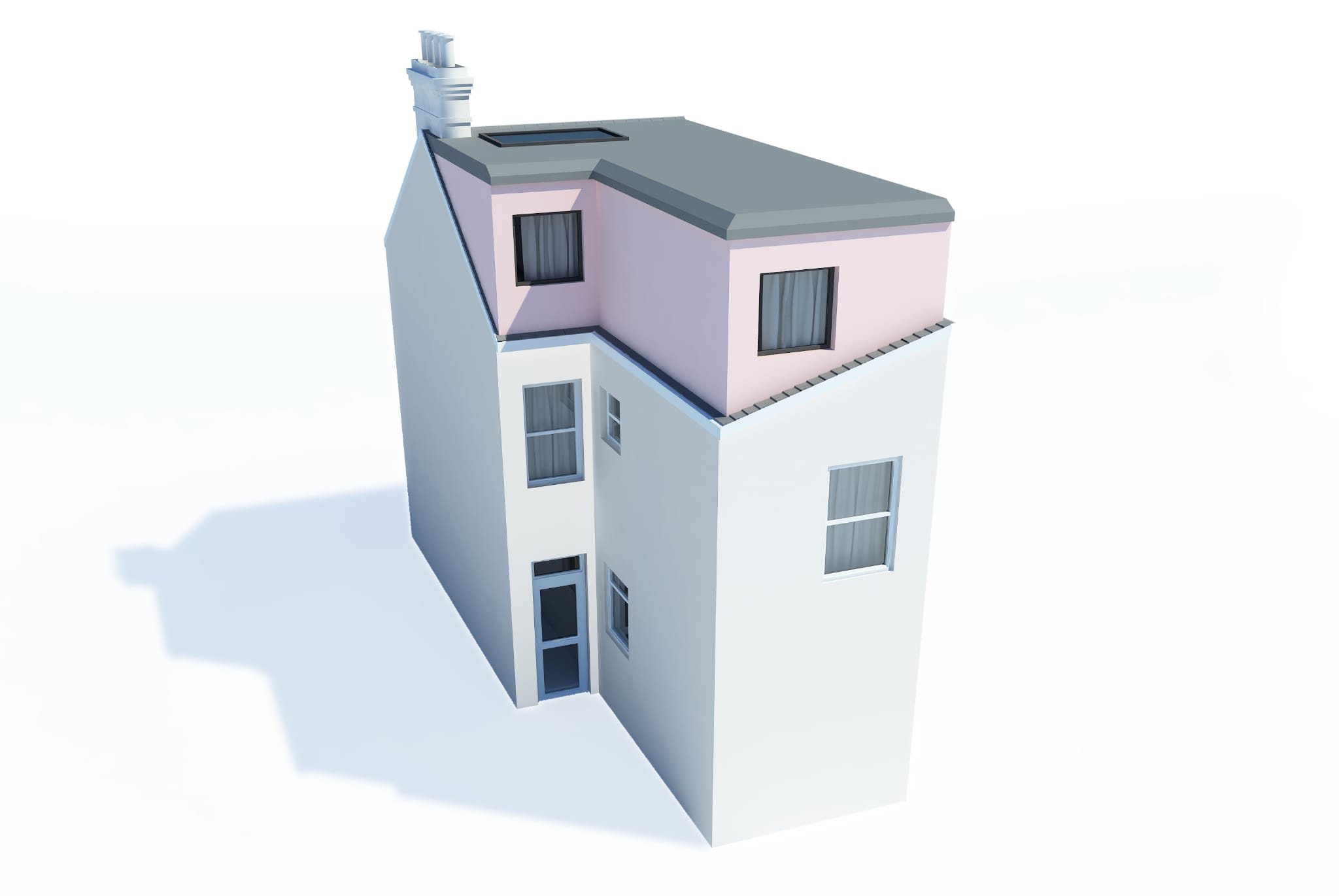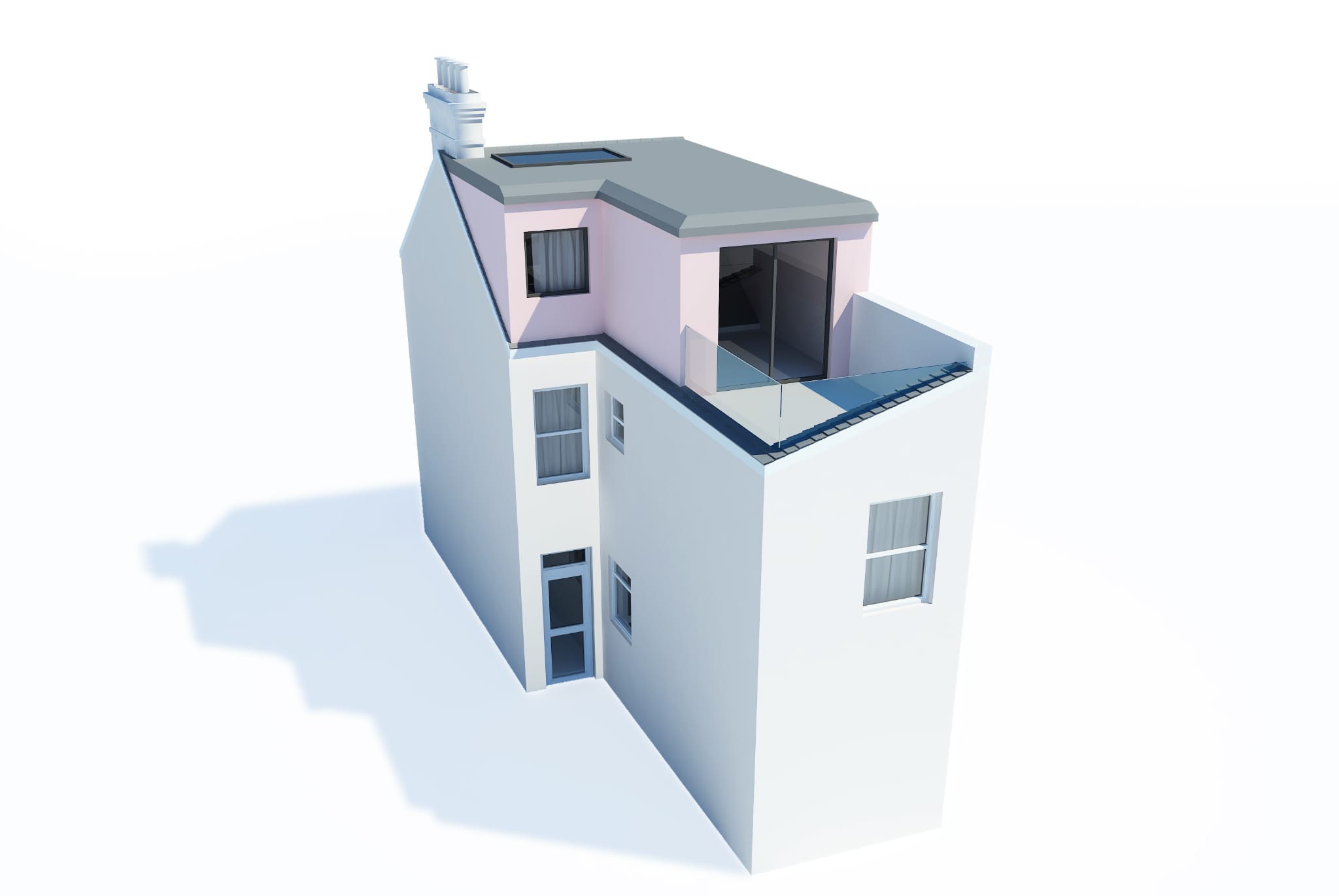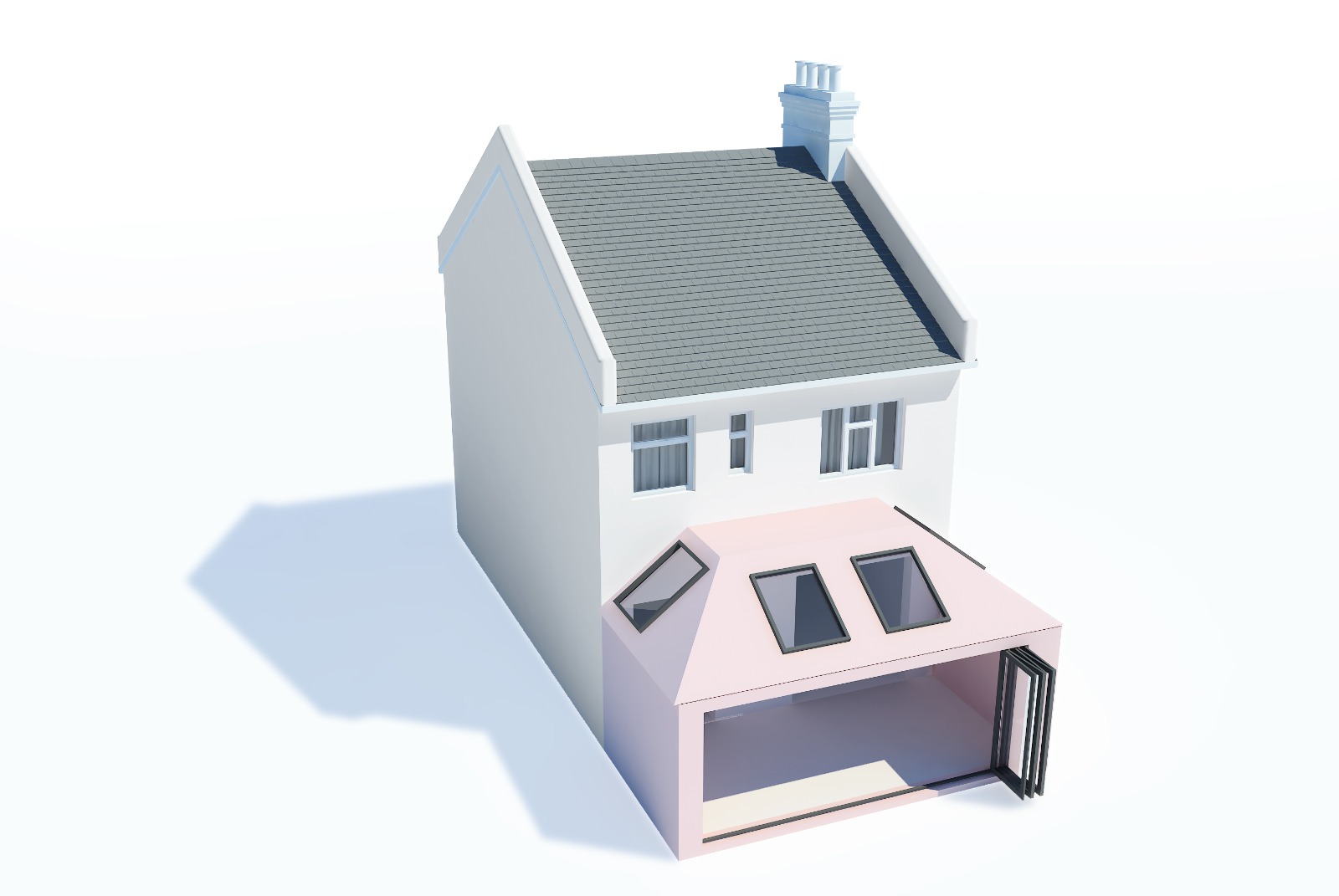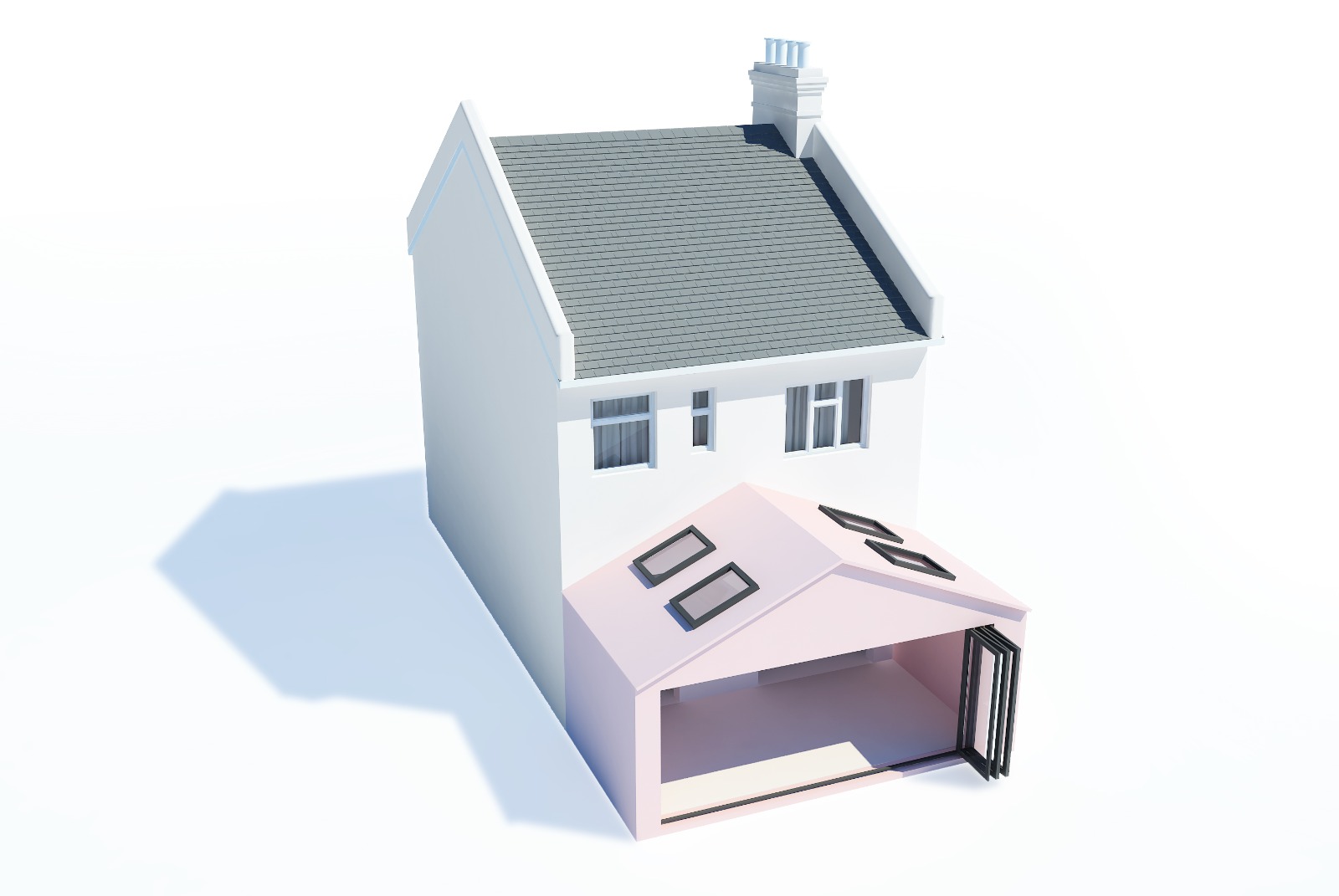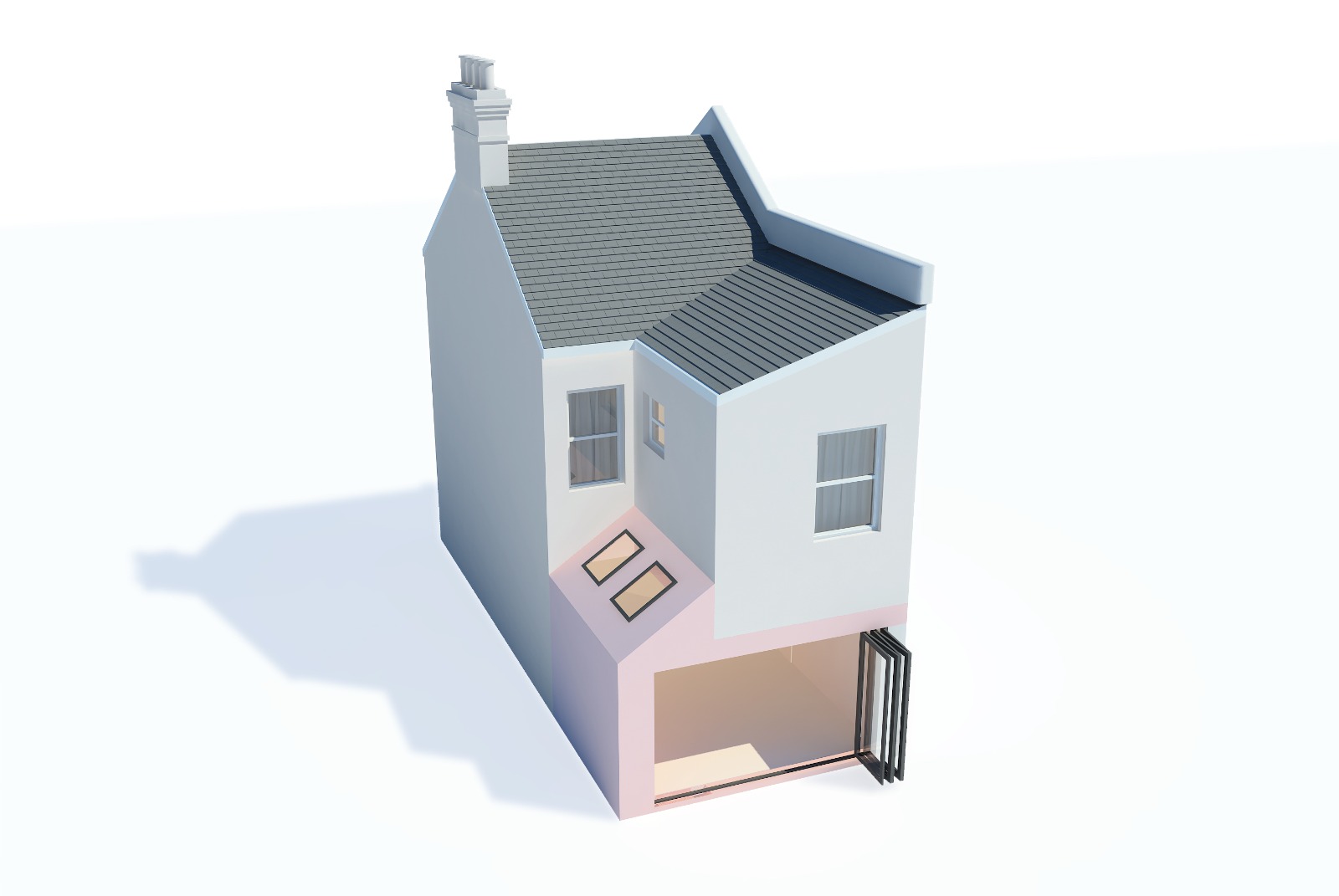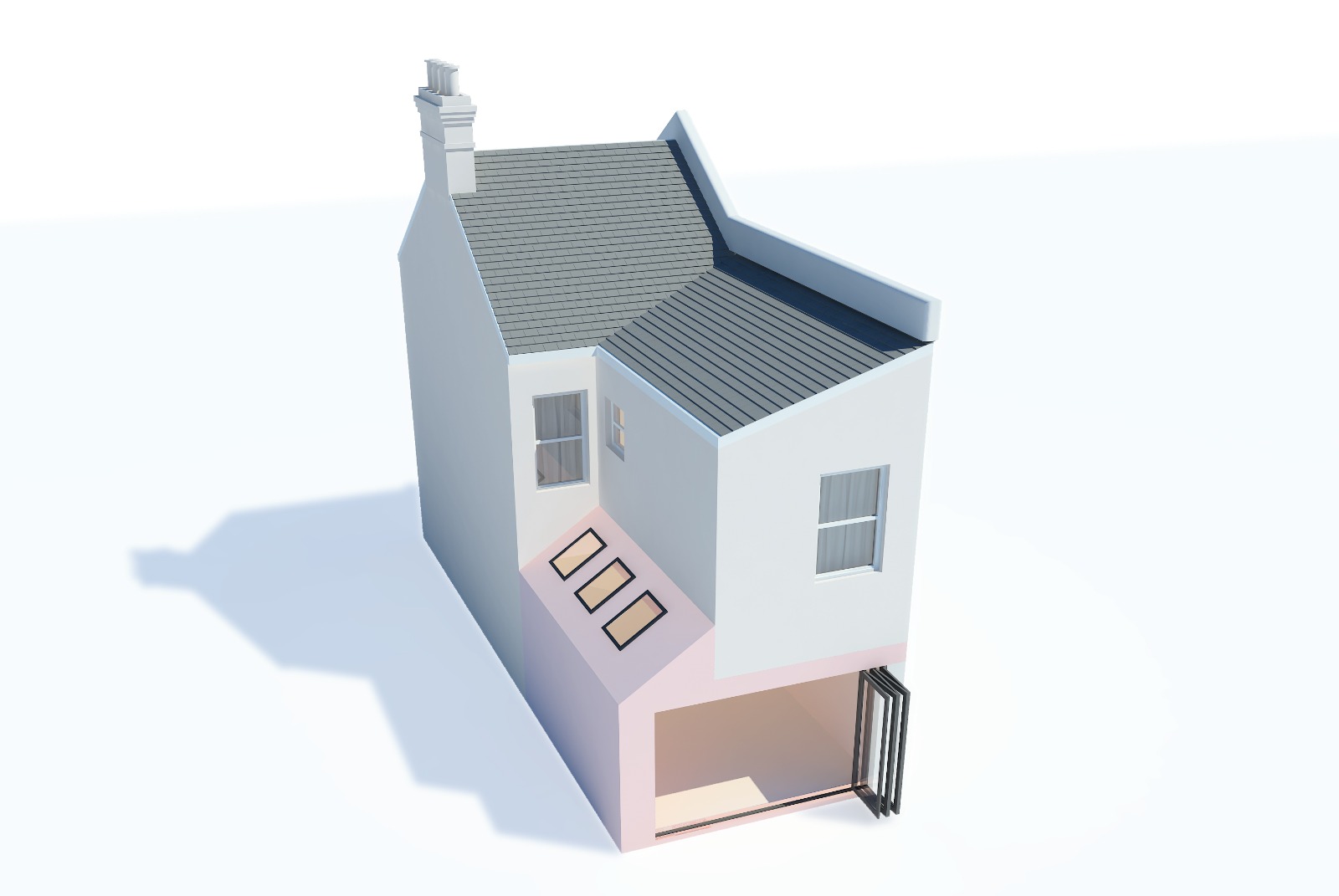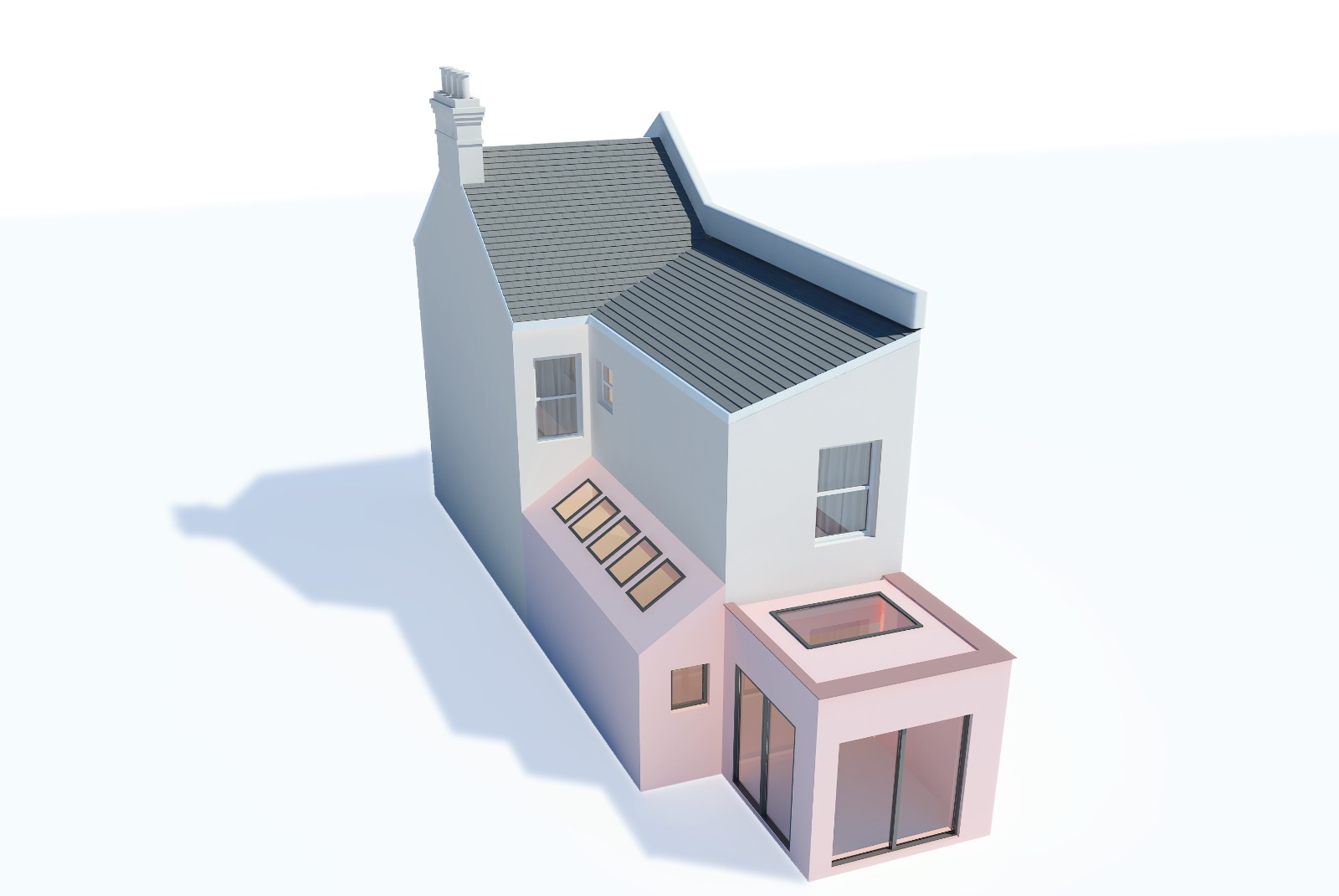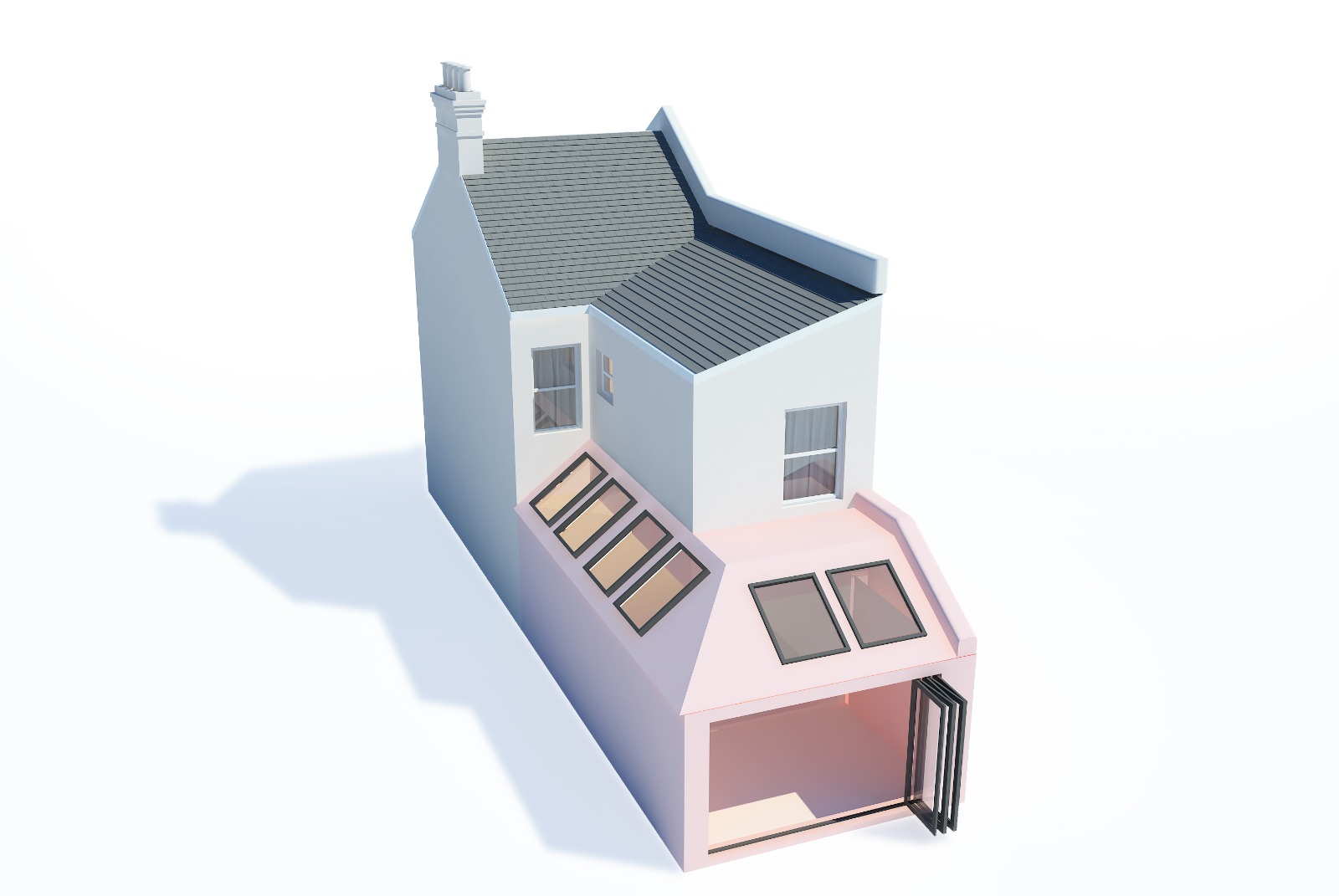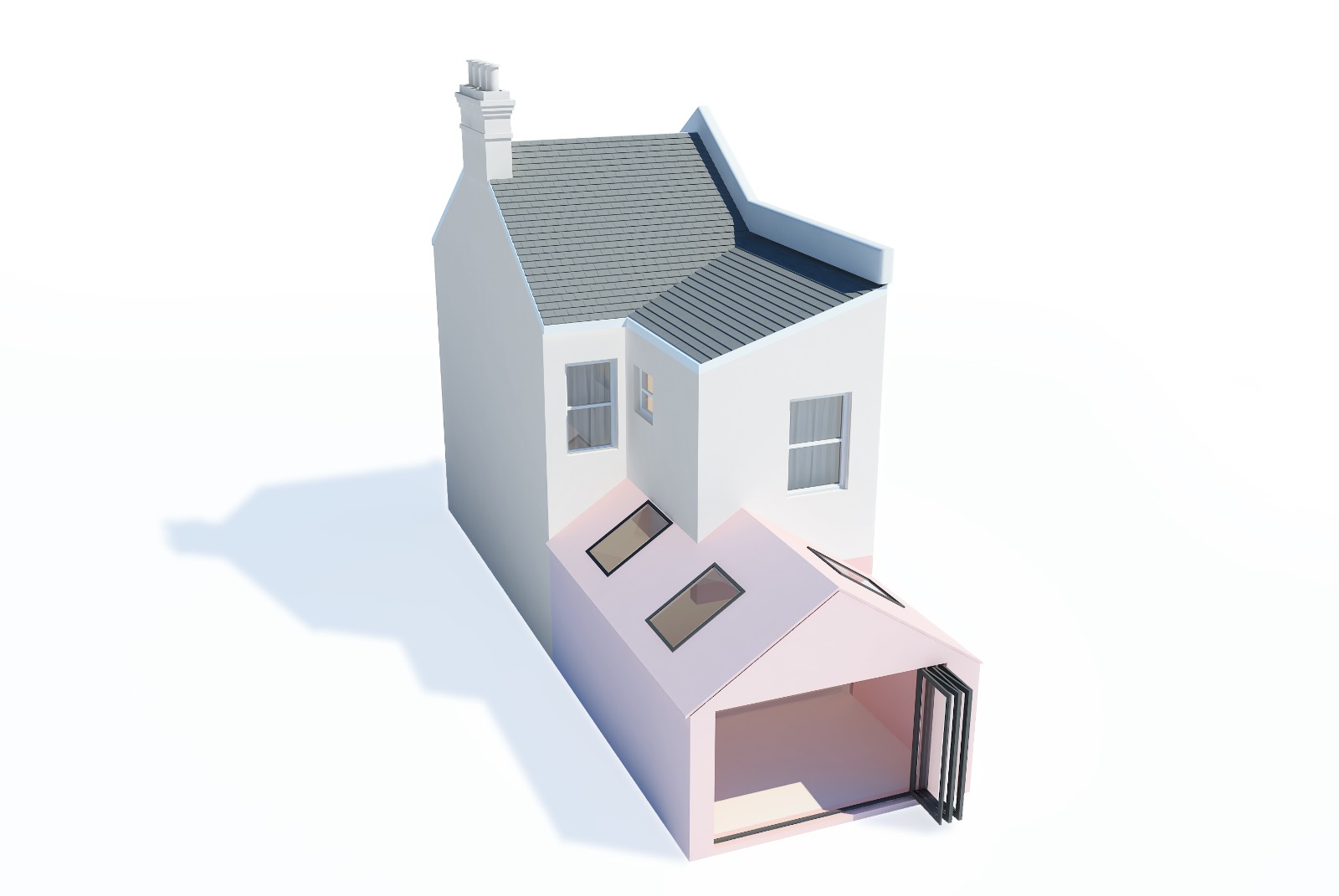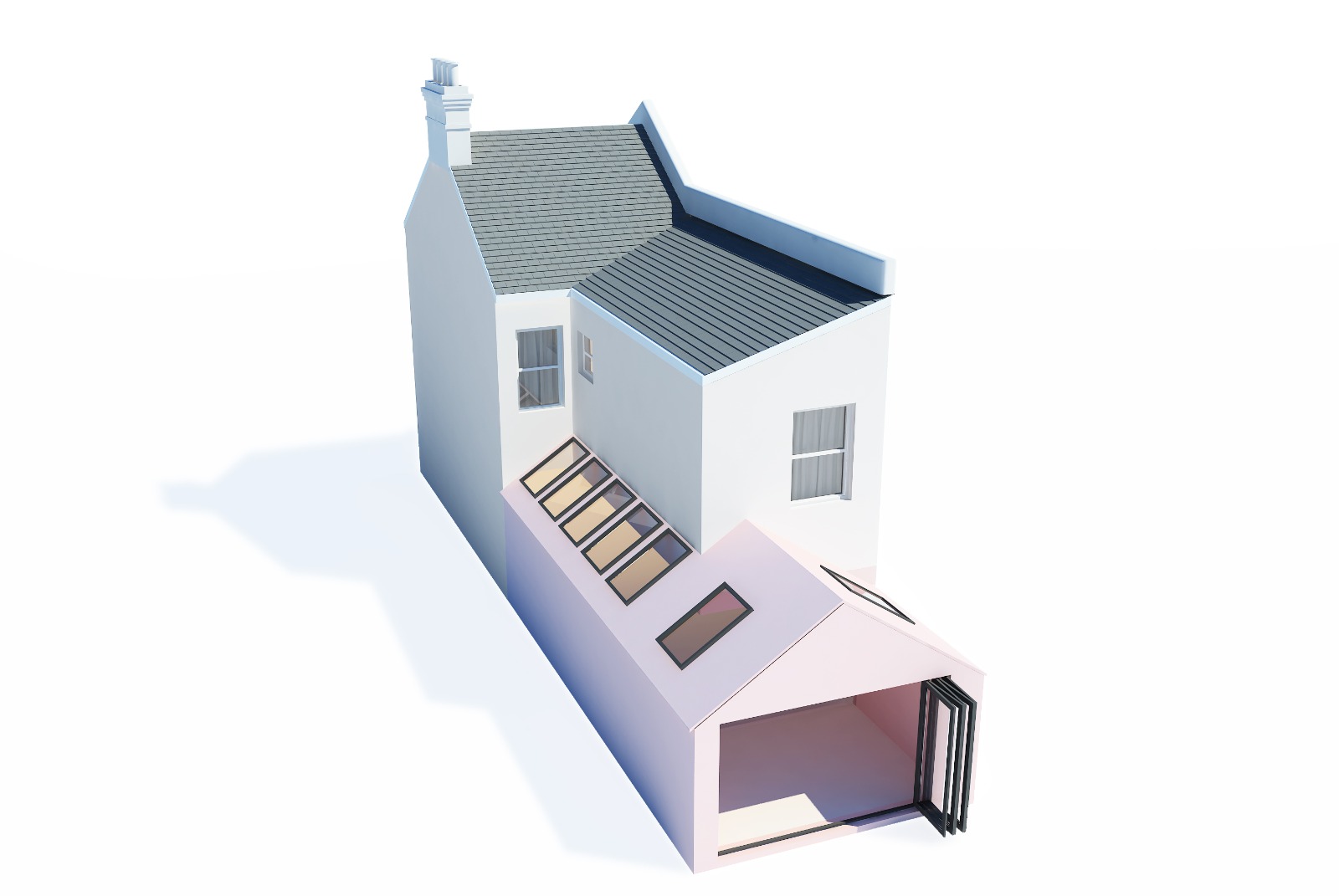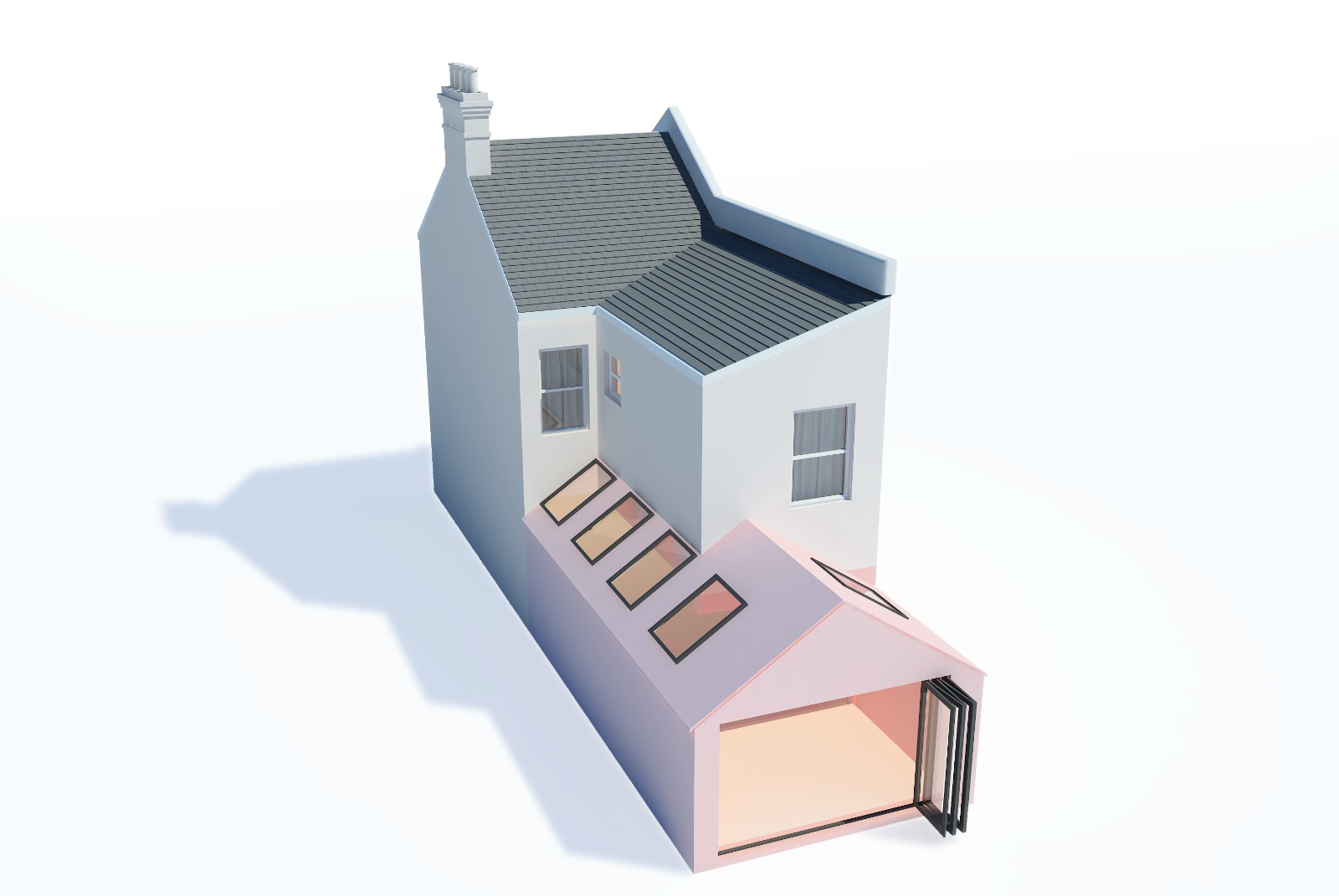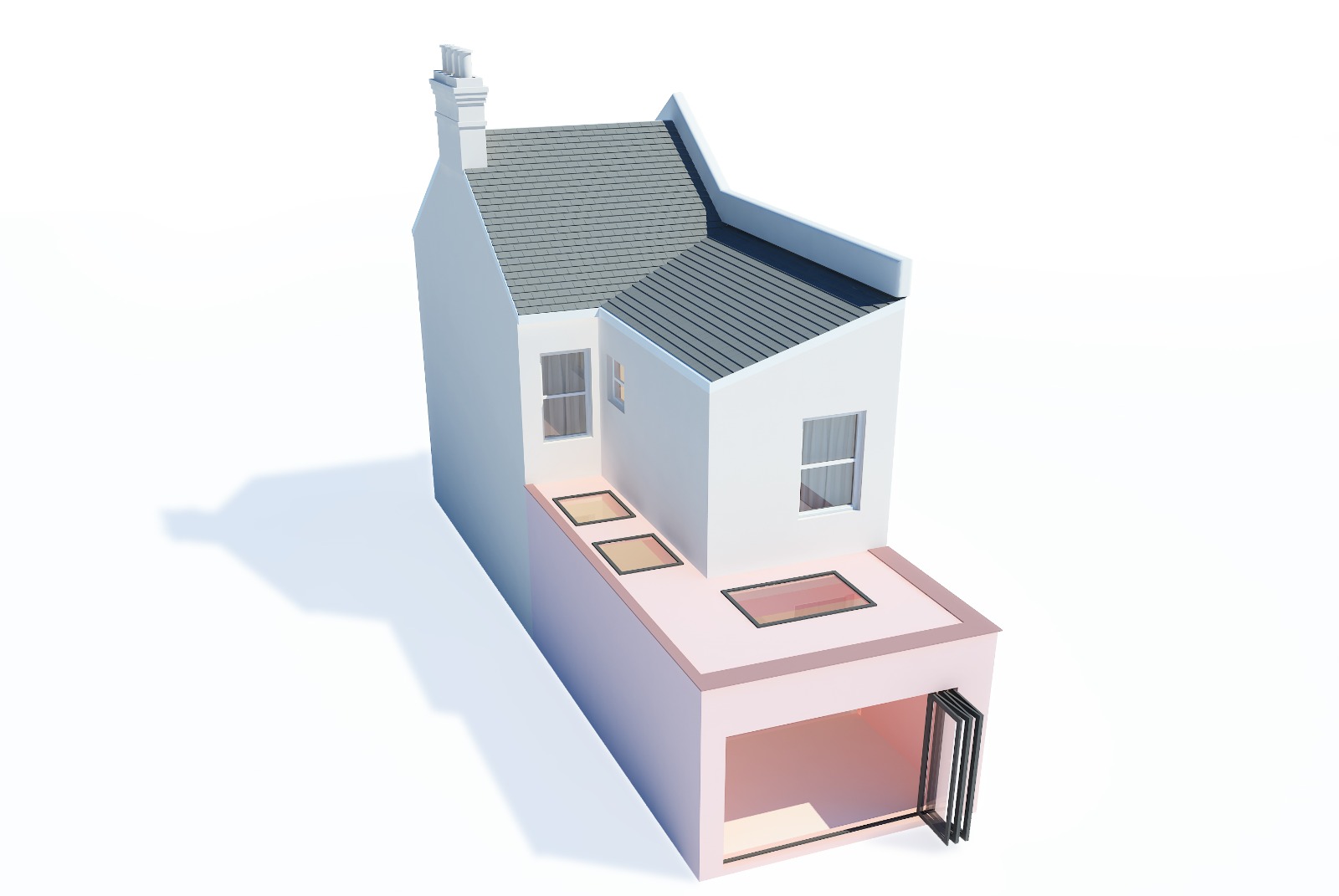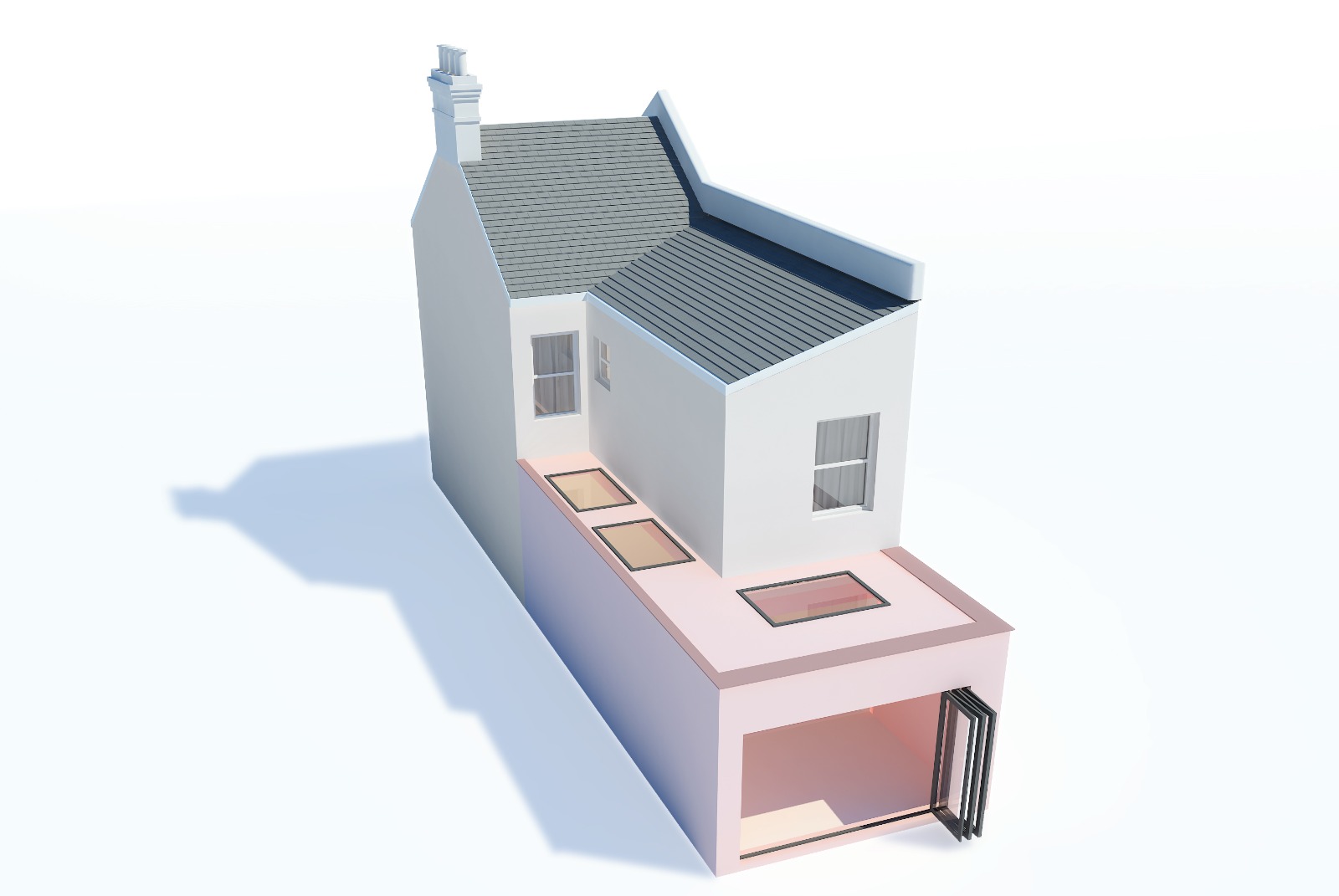Home extensions and renovations are simple but effective ways by which you can add value to your property while also upgrading it to increase the living and functional space. One alternative to a typical single-storey extension is the construction of an outbuilding. Though not a true extension, as they are separate from the main unit, outbuildings have wonderful versatility and enormous potential due to their myriad of uses.
Good Design and Build are the foremost specialists in designing and building bespoke outbuildings that cater to the specific requirements of homeowners. By combining beauty and functionality into one elegant design, Good Design and Build ensures this detached portion of your property seamlessly blends in to give your home added value and charm.
An outbuilding is a structure that is separate or detached from the main building or dwelling within a property.
The incredible versatility of outbuildings makes them useful for a large number of purposes and therefore can be designed and built to specific requirements as per their proposed function. Some of the different types of outbuildings, popular in London homes, include:
- Garden rooms
- Garden sheds
- Conservatories
- Greenhouses
- Garages
- Pool houses
As such, the functionality of outbuildings changes with its design.
The short answer is yes. Adding an outbuilding to your property can increase its value by up to 5%. However, it is also important to consider the type of outbuilding and its specific design.
For instance, a simple garden shed used for storage may not add much value to your property, whereas an elegantly designed garden office can increase property value by as much as 10%.
For this reason, the design, the materials used, and the integration of the outbuilding with the main house, play integral roles in the value an outbuilding brings to the property.
Planning permission for outbuildings is a grey area. This is because planning permission for outbuildings is largely dependent on its design and ultimate purpose.
A tool shed or small garage may fall under permitted developments that do not require planning permission. But larger outbuildings that exceed certain size and height limitations, will require planning permission.
To get the best possible use from an outbuilding, it is, therefore, more advisable to obtain planning permission in order to ensure the structure complies with the building regulations and guidelines. This also allows you to maximise its potential.
Naturally, the design of the outbuilding is linked with its function. For example, outbuildings such as garden sheds would not require insulation, but for garden offices, insulation is a necessity.
It is also important to consider any future plans for the outbuilding. A playroom or study room could be converted into an office or even a gym after a few years. Similarly, outbuildings with provisions for electricity are more valued, an important factor if you are aiming to sell the property. This makes it vital to take into account possible future uses for the outbuilding.
As such, some of the important aspects that need to be considered when designing an outbuilding include:
Size- This not only affects the overall design of the outbuilding, but also the need for planning permission.
Location- The position of the garden room once again depends on the area available and its use. Outbuildings that require utilities could be built closer to the main house. Whereas a garage or workshop may be placed to minimise disturbance or inconvenience to neighbouring homes.
Building materials- Often, materials similar to those used in the main house help to create the illusion of an integrated design. But practicalities such as availability and cost of the materials must also be considered. Popular exteriors for garden rooms include brickwork and timber cladding.
Doors and windows- It may not seem so, but for a relatively small structure such as an outbuilding, the placement of doors and windows can have a considerable impact on its design and functionality. Doors are best placed at an angle that is easily accessible from the house and has a clear path leading to it. The position of windows should be used to maximise the natural light entering the room. Glazing is also a good option to consider which adds value to the design of the outbuilding.
Outbuildings and garden rooms, in particular have great potential in their design and function. Some of the popular garden room ideas suitable for your London home are:
- Home office
- Craft room/ studio
- Gym
- Guest room
- Games room
- Sauna cabin
- Storage area
- Greenhouse
How we deliver projects
Our process is simple and divided into two distinct phases with separate contracts: Design and Build. As a client you only commit to one phase at a time depending on what stage of the process you are in. Each phase consists of three stages as described below.
1. Design
This is the kick-off point for your project. We carry out a complete architectural measured survey of the property. This allows us to create accurate CAD design drawings. This is followed by a design meeting to start discussing your ideas in more detail.
2. Planning
At this stage we finalise the designs with you and start preparing planning applications as needed. We place a high priority on ensuring that plans, designs and schedules are all based on a thorough and detailed understanding of planning guidelines. We co-ordinate with local authorities until the decision is made, and the planning approval is secured.
3. Technical
Once the planning consent is secured, we translate the design drawings into more detailed technical drawings for the purposes of building control and construction. This also includes specifications and structural calculations. At this stage, we will also submit to you our ‘no obligation’ quote for the build phase.
4. Pre-build
90% of our clients decide to stick with us after the design phase is completed. Once the build contract is signed, we kick off the process by making sure all the pre-build processes are complete. These include assistance with party wall agreements, Thames Water build over agreement, submitting building control application, and preparing method statements etc as needed. This stage ends with a pre-start meeting with your foreman before the actual build begins.
5. Build
One of our foremen will be dedicated to your project and will be on-site to manage everyday works. Our project managers will be overseeing the works to make sure they are completed to high standards, within your budget and on time. Throughout the process we will keep you updated with the progress and coordinate the works with third parties such as kitchen or flooring suppliers. We will also advise and guide you to choose any suppliers if needed.
6. Handover
As the build draws to finish, we will help to iron out any ‘snags’ to make sure everything is completed to your satisfaction. We will put together all necessary certificates such as gas, electricity and building control completion along with warranties for glazing, boiler etc. At the final completion meeting, we will hand you these documents, together with the keys to your house. Needless to say, you can contact us any time after this, if you want us to look at something.
This is the kick-off point for your project. We carry out a complete architectural measured survey of the property. This allows us to create accurate CAD design drawings. This is followed by a design meeting to start discussing your ideas in more detail.
At this stage we finalise the designs with you and start preparing planning applications as needed. We place a high priority on ensuring that plans, designs and schedules are all based on a thorough and detailed understanding of planning guidelines. We co-ordinate with local authorities until the decision is made, and the planning approval is secured.
Once the planning consent is secured, we translate the design drawings into more detailed technical drawings for the purposes of building control and construction. This also includes specifications and structural calculations. At this stage, we will also submit to you our ‘no obligation’ quote for the build phase.
90% of our clients decide to stick with us after the design phase is completed. Once the build contract is signed, we kick off the process by making sure all the pre-build processes are complete. These include assistance with party wall agreements, Thames Water build over agreement, submitting building control application, and preparing method statements etc as needed. This stage ends with a pre-start meeting with your foreman before the actual build begins.
One of our foremen will be dedicated to your project and will be on-site to manage everyday works. Our project managers will be overseeing the works to make sure they are completed to high standards, within your budget and on time. Throughout the process we will keep you updated with the progress and coordinate the works with third parties such as kitchen or flooring suppliers. We will also advise and guide you to choose any suppliers if needed.
As the build draws to finish, we will help to iron out any ‘snags’ to make sure everything is completed to your satisfaction. We will put together all necessary certificates such as gas, electricity and building control completion along with warranties for glazing, boiler etc. At the final completion meeting, we will hand you these documents, together with the keys to your house. Needless to say, you can contact us any time after this, if you want us to look at something.
Featured Projects
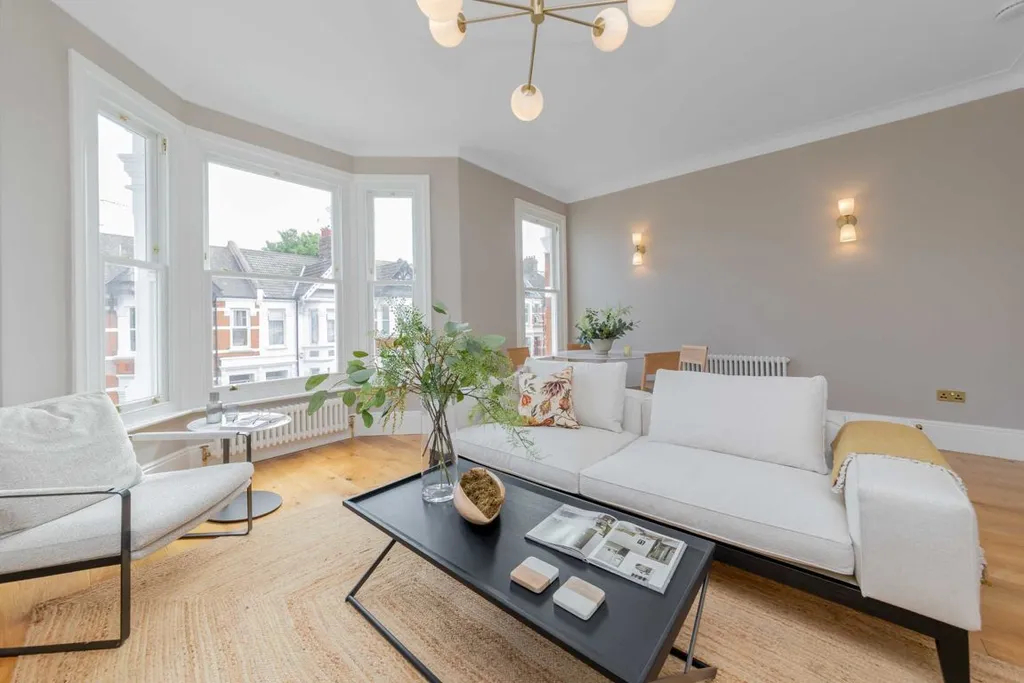
Harlesden
Sellons Ave NW10 4HJ
The project included creating a master bedroom in the loft with an adjoining terrace.
Learn more
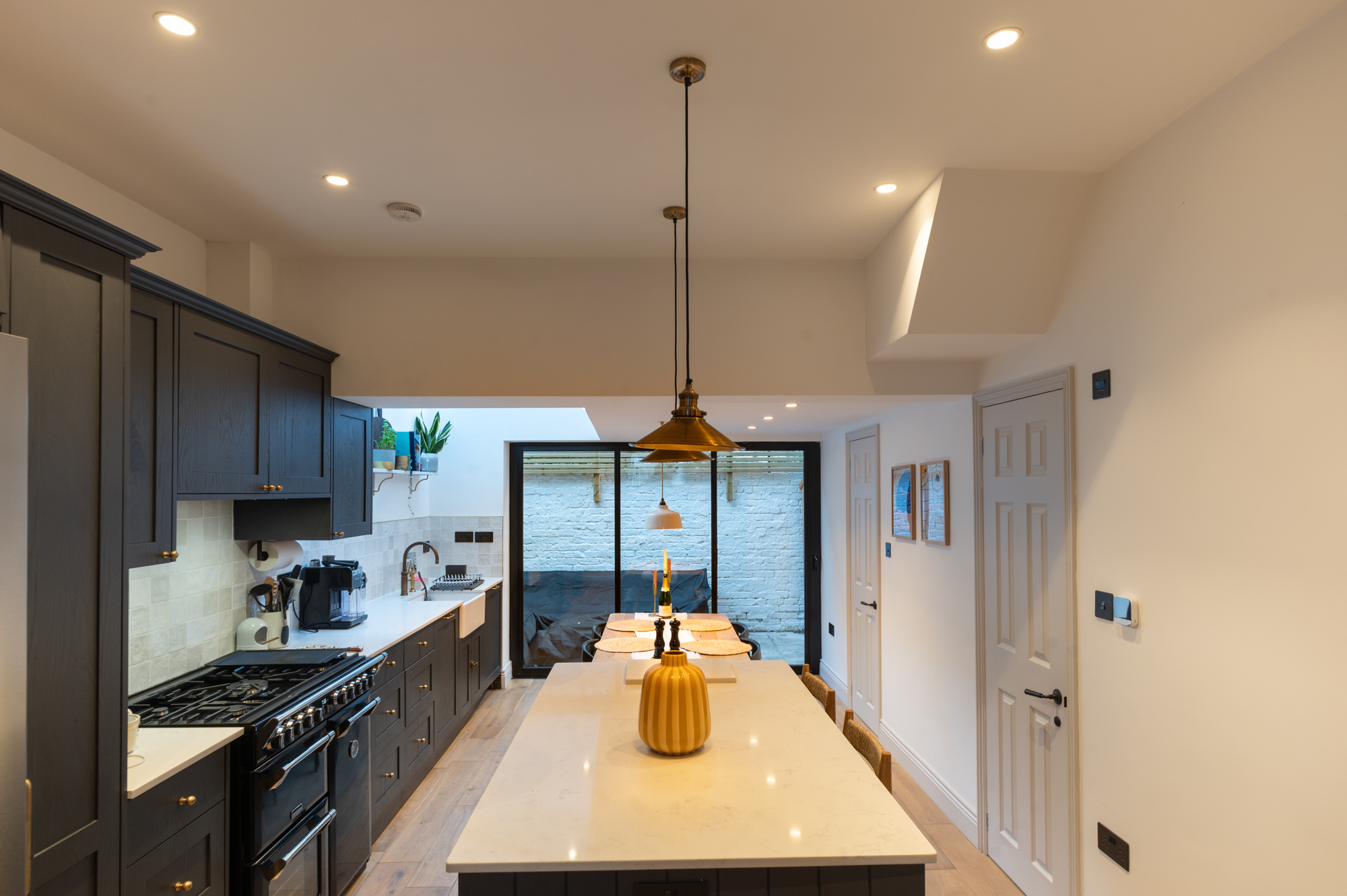
Fulham
Orbain Road SW6 7JZ
This project was completed in 2023 and the approximate budget was £101,000.
Learn more
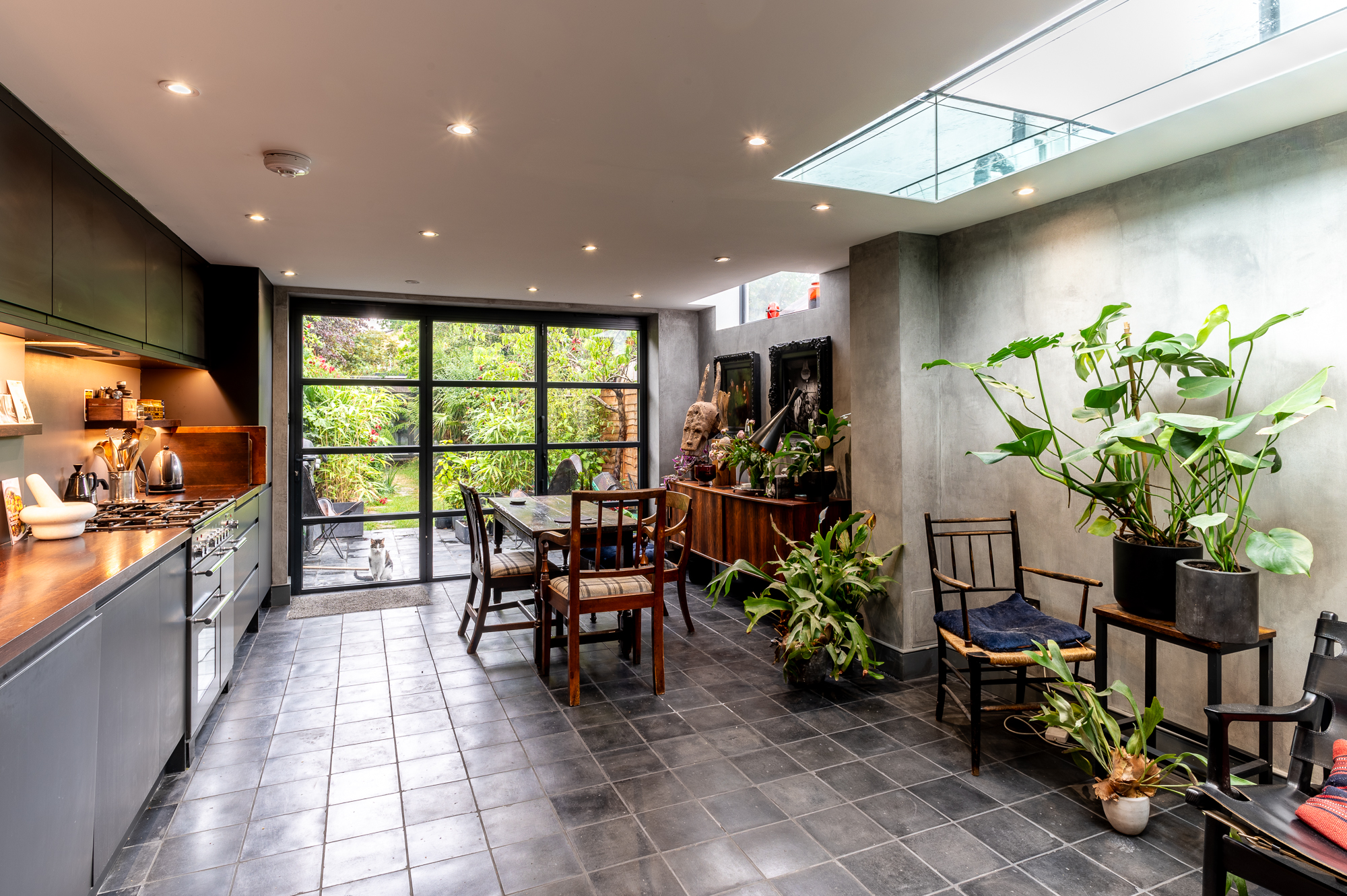
Lambeth
Hetherington Road SW4
We completed this stunning project for our client Angus in Lambeth.
Learn more
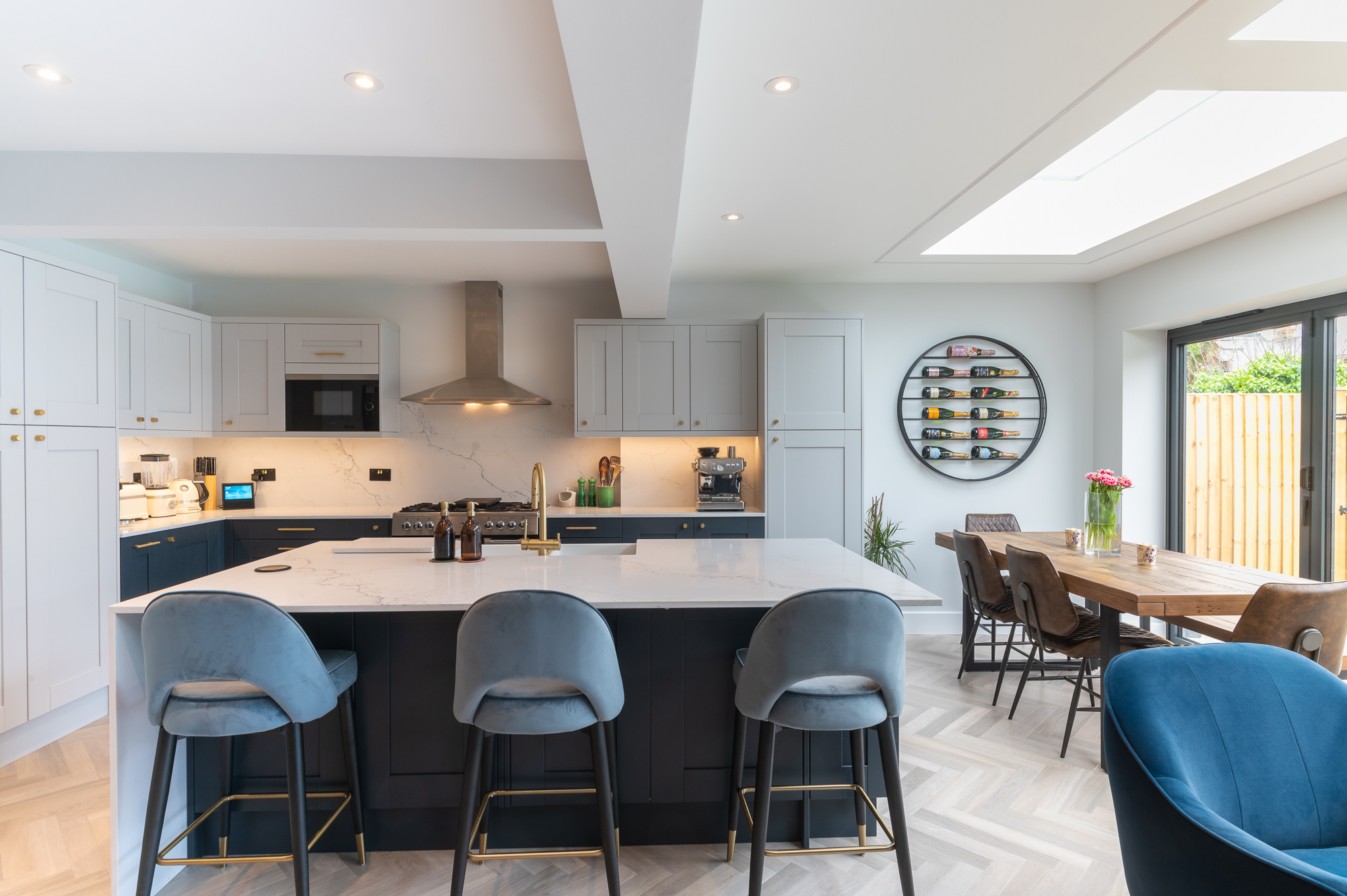
Teddington
Station Road SW4 7PA
We completed this exciting project for our clients on Station Road, a quaint residential area in the heart of Teddington.
Learn more

Leyton
Windsor Road E10
We completed this kitchen extension on Windsor Road, a charming residential street nestled in the heart of Leyton.
Learn more

Harlesden
Sellons Ave NW10 4HJ
The project included creating a master bedroom in the loft with an adjoining terrace.
Learn more

Fulham
Orbain Road SW6 7JZ
This project was completed in 2023 and the approximate budget was £101,000.
Learn more

Lambeth
Hetherington Road SW4
We completed this stunning project for our client Angus in Lambeth.
Learn more

Teddington
Station Road SW4 7PA
We completed this exciting project for our clients on Station Road, a quaint residential area in the heart of Teddington.
Learn more

Leyton
Windsor Road E10
We completed this kitchen extension on Windsor Road, a charming residential street nestled in the heart of Leyton.
Learn more
What Our Clients Say
Build a Quote!
Let's get started with building your own bespoke quote for your dream extension. Tell us as much in detail as possible to get most accurate price.
Get StartedBuild a Quote!
Let's get started with building your own bespoke quote for your dream extension. Tell us as much in detail as possible to get most accurate price.
Get Started

